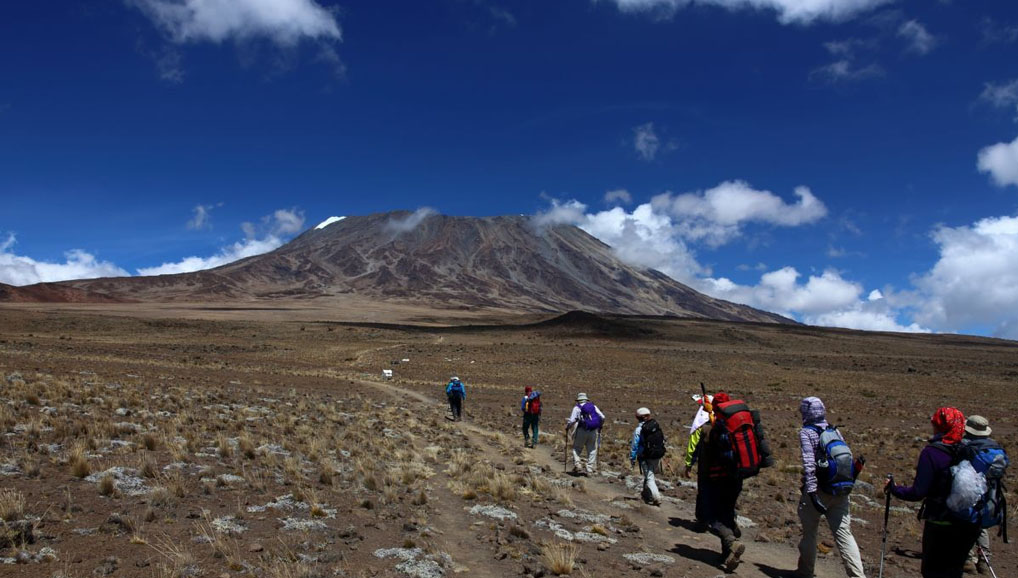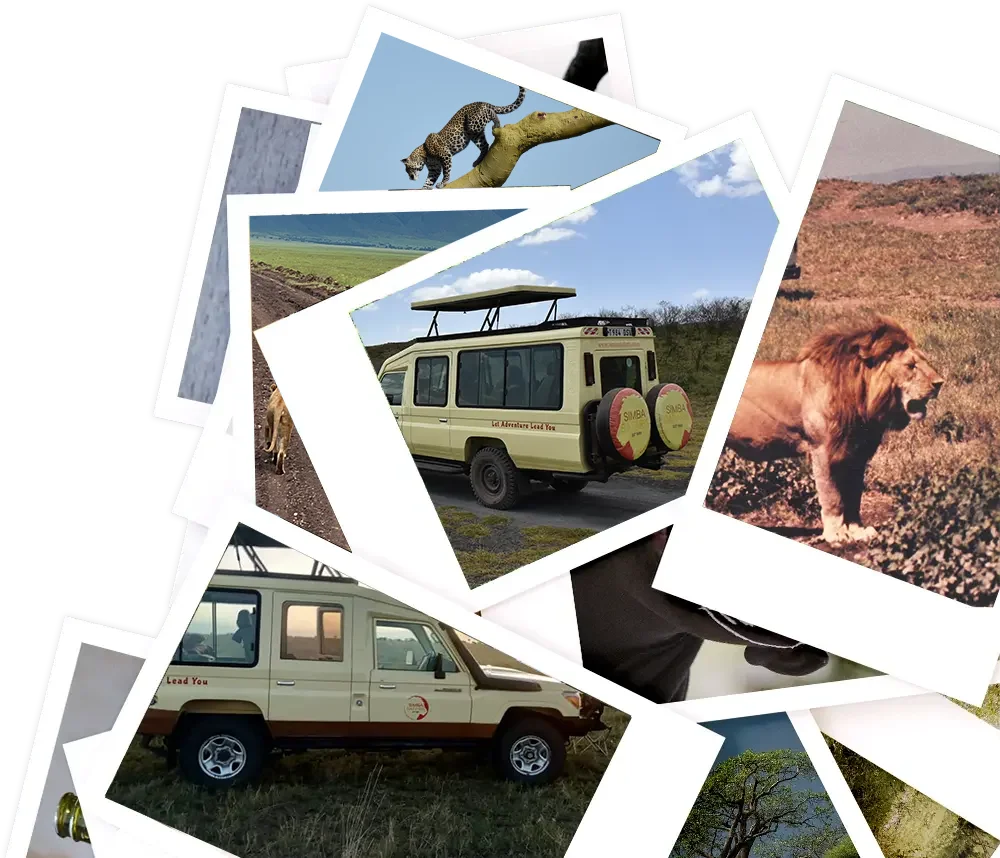
Mount Kilimanjaro, soaring to an impressive 5,895 meters (19,341 feet), remains a sought-after destination for mountain lovers worldwide. However, it's crucial to be aware of Kilimanjaro Climbing Altitude Sickness, a potential risk that can significantly impact your experience. With decades of experience and expertise, Simba Safaris is well-equipped to guide you safely through this journey, ensuring you are adequately prepared to face the challenges of high altitude. Trust in our knowledge and dedication to make your climb both enjoyable and safe.

Kilimanjaro Altitude Sickness manifests in various forms, and it’s vital to recognize and address symptoms early. Below are the types of altitude sickness:
While fit individuals might exhibit better tolerance due to their efficient cardiovascular systems, everyone remains susceptible above 3,500 meters without prior acclimatization.
To Us Africa Is An Extremely Special Place. We Want Our Guest To Experience The Warm And Friendly Nature Of The People They Will Meet Along The Way And To Make Sure Of That We Have Built A Team Of Expert Hosts, Guides And Excursion Managers Who Share Our Passion For Africa. Every Day Is Treated As A Special Gift As You Go Through Your Journey. It Is Our Dream To Share This Magnificent Continent With People From Around The World And We Are Really Fortunate To Do So. We Hope To Welcome You In Africa In The Near Future.
Awareness and preventive measures can considerably diminish the risks of altitude sickness. Some strategies suggested by our experts include:
Besides the above measures, always make sure to inform your guide about any symptoms or discomfort you feel. They will closely monitor climbers' health, making regular checks with pulse oximeters to measure oxygen saturation and take all the necessary action (if needed).
With Simba Safaris as your climbing partner, you have seasoned experts guiding your ascent, prioritizing your safety, and ensuring you make memories for a lifetime. Connect with us today, and let's scale Kilimanjaro with expertise and caution!

Altitude sickness, also known as Acute Mountain Sickness (AMS), is a condition that affects individuals when they ascend to high altitudes too quickly. It results from reduced air pressure and decreased oxygen at higher elevations.
Yes, anyone can be susceptible to AMS regardless of their fitness level, especially if they haven't appropriately acclimatised. However, being physically fit may help the body cope better at high altitudes.
Common symptoms of altitude sickness include headache, nausea, dizziness, fatigue, shortness of breath, and difficulty sleeping. More severe cases can lead to disorientation, fluid in the lungs (pulmonary edema), and brain swelling (cerebral edema).
Simba Safaris has trained guides equipped with pulse oximeters to monitor climbers' oxygen saturation daily. Additionally, they are well-versed in recognizing the symptoms of AMS and administering first aid.
Firstly, immediately inform your guide. They will evaluate your condition, and if necessary, you may need to descend to a lower altitude. Remember, it's crucial to be honest about your symptoms for your safety and the group's.
Hitting the road with a group of friends or family? You’ll enjoy some pretty sweet perks along the way.
Hitting the road with a group of friends or family? You’ll enjoy some pretty sweet perks along the way.
